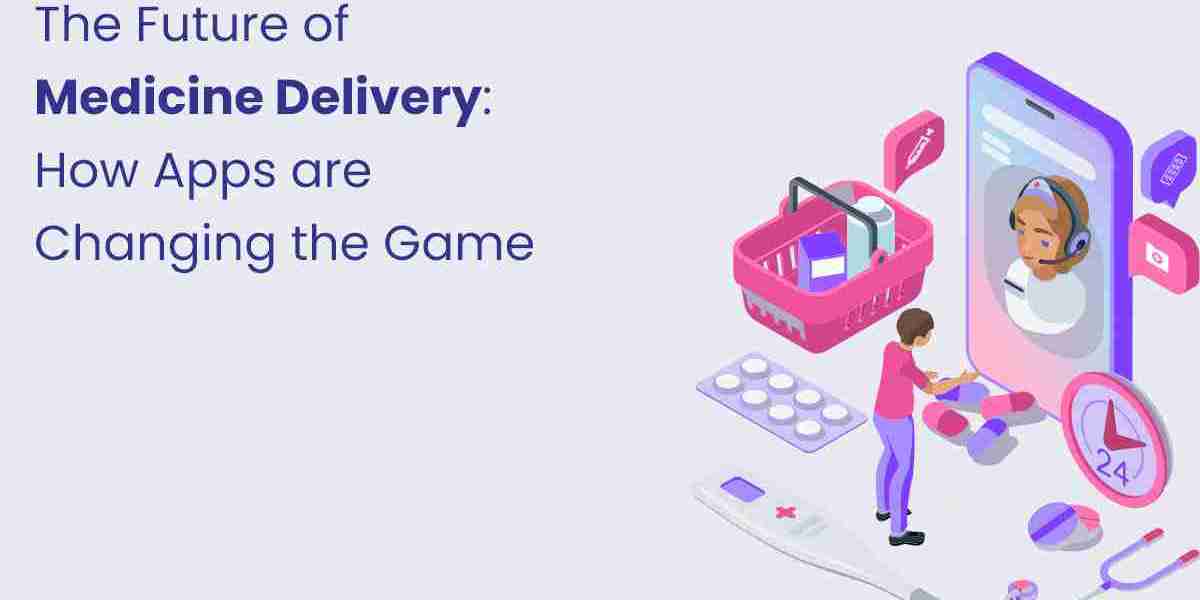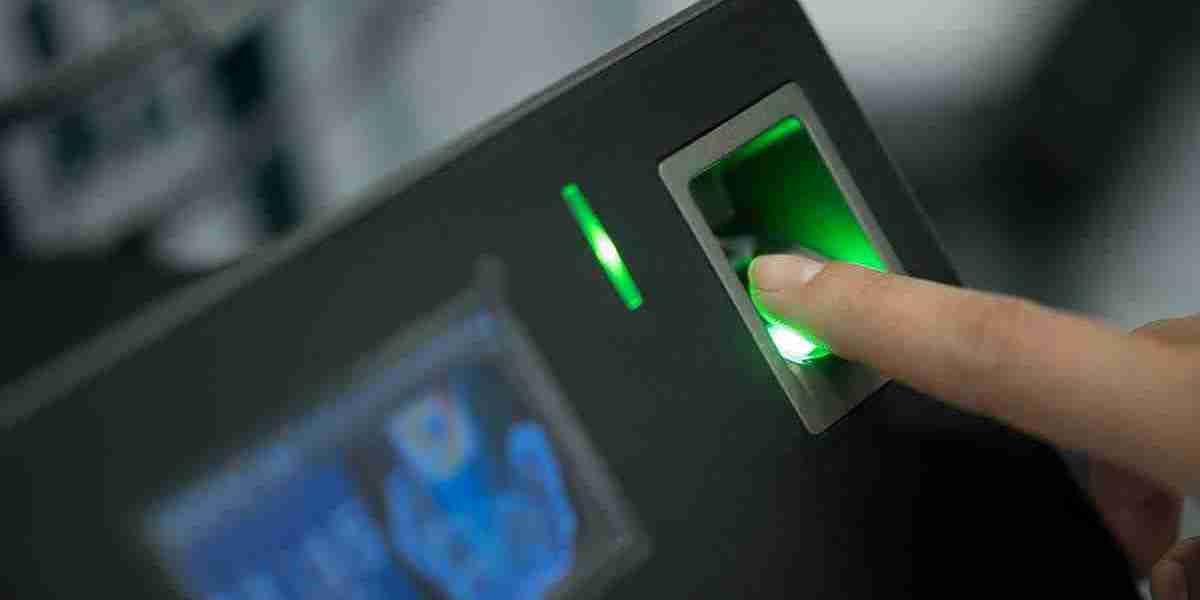In recent years, the healthcare industry has witnessed a significant transformation with the emergence of medicine delivery apps. These innovative platforms are revolutionizing the way patients access their prescribed medications, offering unparalleled convenience and accessibility. From leveraging advanced technology to enhancing patient outcomes, here's how medicine delivery app are changing the game:
Harnessing Advanced Technology
Artificial Intelligence: Medicine delivery apps are harnessing the power of AI to personalize the user experience, streamline operations, and optimize medication management. AI algorithms analyze user data to provide tailored medication reminders, dosage recommendations, and predictive insights.
Internet of Things (IoT): Integrating IoT devices such as smart pill dispensers and wearable sensors allows medicine delivery apps to monitor patient adherence in real-time and provide proactive interventions to prevent medication errors or missed doses.
Blockchain: Utilizing blockchain technology ensures the security and integrity of patient data, enabling transparent and tamper-proof records of medication transactions, prescription history, and supply chain management.
Enhancing Patient Engagement
Personalized Medication Management: Medicine delivery apps empower patients to take control of their health by providing personalized medication management tools, including refill reminders, dosage tracking, and drug interaction alerts.
Telemedicine Integration: Integrating telemedicine features allows patients to consult healthcare providers remotely, receive virtual prescriptions, and order medications directly through the app, eliminating the need for in-person visits to the doctor's office or pharmacy.
Health Education and Resources: Delivering educational content, resources, and support materials within the app fosters patient engagement and empowerment, helping users make informed decisions about their health and medication management.
Improving Healthcare Accessibility
Remote and Rural Areas: Medicine delivery apps bridge the gap in healthcare accessibility by providing on-demand access to medications for individuals residing in remote or underserved areas with limited access to pharmacies or healthcare facilities.
Mobility-Challenged Individuals: Patients with mobility challenges or disabilities benefit from the convenience of medicine delivery apps, eliminating the need for physically traveling to a pharmacy and carrying heavy prescription medications.
Elderly Population: The aging population, who may face challenges with transportation or mobility, can access their medications easily through user-friendly interfaces and simplified ordering processes offered by medicine delivery apps.
Ensuring Medication Adherence
Personalized Reminders and Alerts: Medicine delivery apps employ personalized reminders and alerts to help patients adhere to their medication regimens, reducing the risk of missed doses, medication errors, and treatment interruptions.
Refill Automation: Automated refill options ensure continuous access to medications by proactively reminding patients to reorder prescriptions before they run out, preventing gaps in therapy and promoting adherence to long-term treatment plans.
Behavioral Insights: Analyzing patient behavior and adherence patterns allows medicine delivery apps to identify barriers to adherence and implement targeted interventions to address underlying issues, ultimately improving patient outcomes.
Strengthening Healthcare Ecosystem
Integration with Healthcare Providers: Seamless integration with electronic health records (EHR) systems, pharmacies, and healthcare providers facilitates communication and collaboration, enabling efficient prescription management, medication reconciliation, and care coordination.
Data Sharing and Interoperability: Medicine delivery apps enable secure data sharing and interoperability across various healthcare stakeholders, ensuring continuity of care, accurate medication reconciliation, and comprehensive health management.
Empowering Patients: By putting patients at the center of their healthcare journey, medicine delivery apps empower individuals to actively participate in their treatment plans, engage with their healthcare providers, and make informed decisions about their health and well-being.
Conclusion
As medicine delivery apps continue to evolve and innovate, they are poised to reshape the future of healthcare delivery. By harnessing advanced technology, enhancing patient engagement, improving healthcare accessibility, ensuring medication adherence, and strengthening the healthcare ecosystem, these apps are transforming the way patients access and manage their medications. As we look ahead, the future of medicine delivery holds immense promise in improving patient outcomes, enhancing healthcare efficiency, and revolutionizing the way healthcare is delivered and experienced.








